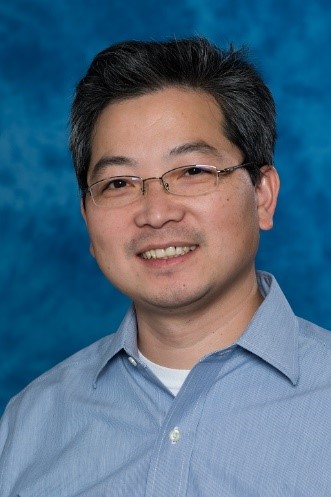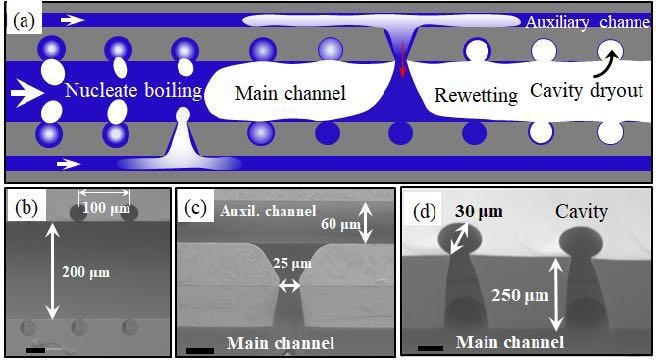

题目:Regulating Flow Boiling in Microchannels
时间:2019年6月24日 10:30
地点: 80足球直播吧 F301会议室
邀请人:洪芳军 教授 (工程热物理研究所)
Biography
Dr. Chen Li is a full professor in the Department of Mechanical Engineering at the  University of South Carolina (USC), Columbia. He is an elected member of the Scientific Council of ICHMT in 2018. He received his Ph. D. degree in Mechanical Engineering from Rensselaer Polytechnic Institute (RPI), Troy, NY, in August, 2006. He joined ME department at USC as an assistant professor in 2009. Among his honors, he received the SC State Governors' Young Researcher Award for Excellence in Scientific Research, Breakthrough Star of USC, Research Progress Award of College of Engineering and Computing (CEC) at USC in 2017, the ASME ICNMM 2016 Outstanding Early Career Award, and the Young Investigator Research Award of CEC at USC in 2014. His research focuses on micro/nanoscale two-phase heat transfer with their applications in high power electronic cooling, space power systems, thermal control of spacecraft, nanosensors, and water-energy nexus. His research is supported by USC, DOD/ONR, NSF, DOD/DARPA, NASA, EPRI, and DOE/ORNL totaling more than $5 M.
University of South Carolina (USC), Columbia. He is an elected member of the Scientific Council of ICHMT in 2018. He received his Ph. D. degree in Mechanical Engineering from Rensselaer Polytechnic Institute (RPI), Troy, NY, in August, 2006. He joined ME department at USC as an assistant professor in 2009. Among his honors, he received the SC State Governors' Young Researcher Award for Excellence in Scientific Research, Breakthrough Star of USC, Research Progress Award of College of Engineering and Computing (CEC) at USC in 2017, the ASME ICNMM 2016 Outstanding Early Career Award, and the Young Investigator Research Award of CEC at USC in 2014. His research focuses on micro/nanoscale two-phase heat transfer with their applications in high power electronic cooling, space power systems, thermal control of spacecraft, nanosensors, and water-energy nexus. His research is supported by USC, DOD/ONR, NSF, DOD/DARPA, NASA, EPRI, and DOE/ORNL totaling more than $5 M.
Abstract
Two-phase transport is promising in addressing the cooling challenges facing high power microelectronics. However, two-phase transport performance is primarily governed and also limited by the detrimental aspects of complex two-phase flow in conventional channels. Two-phase transport at micro/nanoscale becomes more unpredictable due to the unfavorable size effect. Over the past several decade, extensive progress has been made in understanding two-phase transport on various microchannel designs and configurations. Driven by the intrinsic scientific interest and needs of emerging applications, it is highly desirable to realize a favorable control of complex two-phase flows and then enhance flow boiling in microchannels.
Most recently, Dr. Li's group has devised several novel micro/nanoscale fluidic control methods. These methods allow to regulate flow boiling from bubble dynamics to two-phase flow regimes. Drastic enhancements have been demonstrated without compromising pressure drops.

